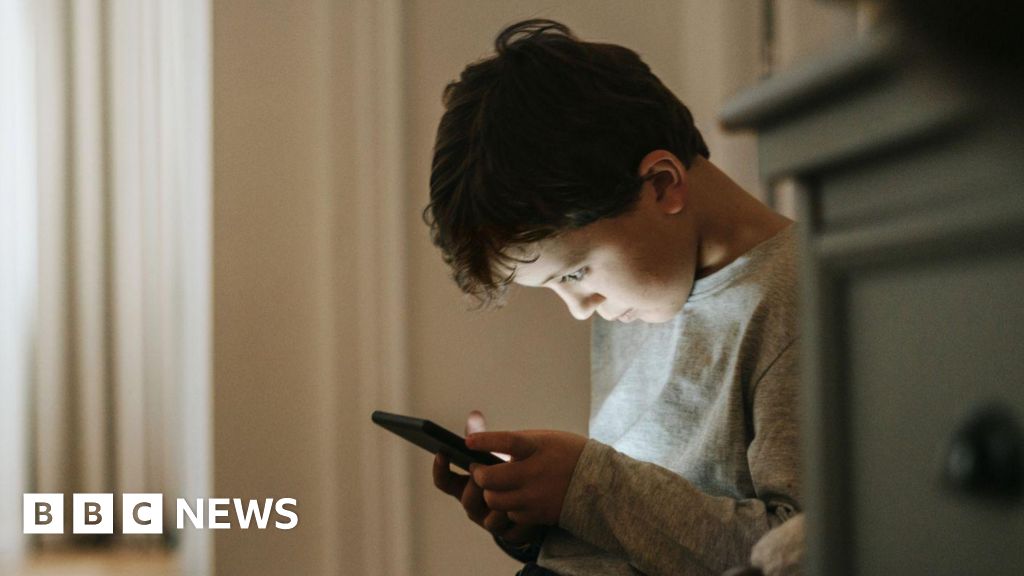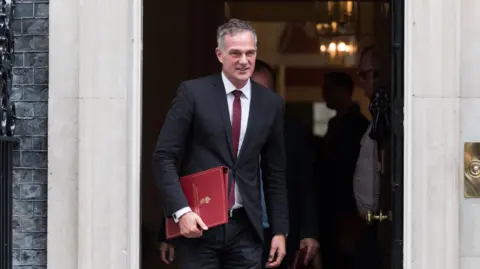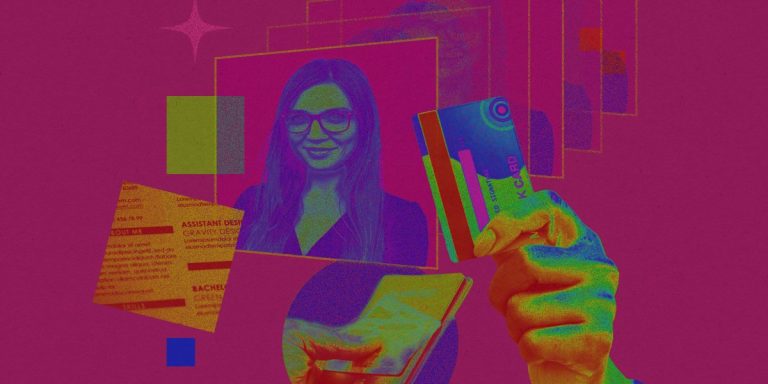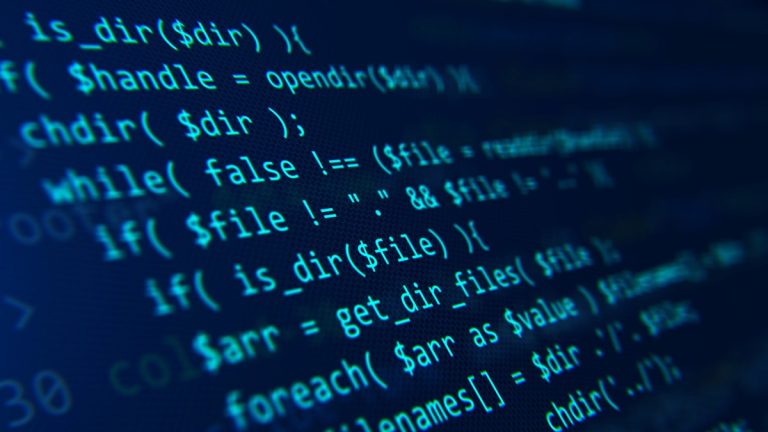
 Getty Photographs
Getty PhotographsThe federal government is contemplating introducing more durable on-line security measures to restrict the period of time youngsters can spend on social media, the BBC understands.
Proposals embody a two-hour cap on the usage of particular person social media apps and a 22:00 curfew, as first reported by the Sunday Folks and the Mirror.
Showing on the BBC’s Sunday with Laura Kuenssberg programme, Expertise Secretary Peter Kyle mentioned he was wanting on the “addictive nature of among the apps and smartphones”, when requested whether or not closing dates can be thought-about.
However a web based security campaigner has accused the federal government of delaying bringing in new legal guidelines to guard youngsters.
Ian Russell, whose daughter, Molly, took her personal life at 14 after seeing dangerous content material on-line, mentioned: “Day by day the federal government has delayed bringing in more durable on-line security legal guidelines we have seen extra younger lives misplaced and broken due to weak regulation and inaction by large tech.”
Mr Russell, who backed the earlier authorities’s On-line Security Act, mentioned solely “stronger and more practical” laws would “lastly change the dial on essentially unsafe merchandise and enterprise fashions that prioritise engagement over security.”
“Mother and father up and down the nation can be delighted to see the prime minister act decisively to quell the tsunami of hurt youngsters face on-line, however sticking plasters won’t do the job,” he added.
Kyle instructed the BBC he had not been capable of converse publicly in regards to the authorities’s plans to toughen on-line security legal guidelines as a result of laws handed by the earlier Conservative authorities in 2023 had but to be enacted.
“This yr we have had unlawful content material that must be taken down, however in July, age-appropriate materials should be provided by platforms, in any other case there will be legal sanctions towards them,” he instructed the BBC’s Sunday with Laura Kuenssberg programme.
He mentioned that he had been wanting fastidiously at what authorities wanted to do subsequent to “nail down more durable” on security, “perceive what a wholesome on-line life for youngsters” seemed like and “cease the obstacles” in the direction of attaining that.
 Getty Photographs
Getty PhotographsCurfews, together with display screen closing dates for each apps and gadgets total, are already out there to folks who use Apple or Google’s parental controls.
TikTok launched a 60 minute display screen time restrict by default for underneath 18s in 2023, though it may be switched off. Instagram invitations customers of all ages to set their very own restrict, after which they will decide to be blocked for the remainder of the day.
Nevertheless, it isn’t recognized how many individuals select to activate these controls. In a speech final yr, Sir Nick Clegg – the previous director of public affairs at Meta, which owns Fb and Instagram – mentioned parental take-up of instruments designed to assist them handle their youngsters’s on-line actions was low.
Some dad and mom say it is because there are such a lot of supplied by particular person apps and firms that they discover them overwhelming.
England’s youngsters’s commissioner, Dame Rachel de Souza, referred to as on the federal government to take stronger motion to guard youngsters from technological hurt.
She mentioned: “Expertise is evolving at monumental tempo, and this era of youngsters have by no means recognized life with out the web, so now we have to be a lot bolder in how we reply to the dangers they face. Youngsters shouldn’t be anticipated to police the web world themselves.
“If firms can not make on-line areas protected for youngsters, then they shouldn’t be in them.
“Any period of time on-line is just too lengthy if the content material they see is dangerous. I proceed to induce the federal government and Ofcom to strengthen each the On-line Security Act and the Youngsters’s Codes in order that profit-making by platforms can not come on the expense of safety.”
In January, Kyle instructed the BBC that legal guidelines on web security have been “very uneven” and “unsatisfactory”, following calls from campaigners to tighten the foundations.
The minister expressed his “frustration” with the On-line Security Act however didn’t commit to creating modifications to the laws.
A Whitehall supply later instructed the BBC there have been no plans to repeal the act.
One other potential downside dealing with the thought of introducing authorized closing dates for youngsters on social media is that the overwhelming majority of tech corporations are based mostly within the US.
The Trump administration has been extremely essential of international governments making an attempt to manage its tech companies and punish them for non-compliance.
In 2021, China imposed strict restrictions on on-line gaming, limiting gamers under the age of 18 to at least one hour per day on Fridays, weekends and holidays solely. This changed earlier limits of 90 minutes per day, rising to a few hours throughout holidays.
The nation cited issues in regards to the affect of “extreme” gaming on younger individuals.
It was mulling additional restrictions together with limits on in-game purchases and each day log-in rewards, however final yr the draft replace disappeared from the federal government’s web site.






